Science at UM [S01-ep12]: Varietal blends at the food technology workshop
This week, Hélène Fréville fromthe AGAP Institute for Genetic Improvement and Adaptation of Tropical and Mediterranean Plants talks to us about the performance of varietal mixtures in wheat cultivation. In the second part of the program, Charles Cunault introduces you to the food technology platform.
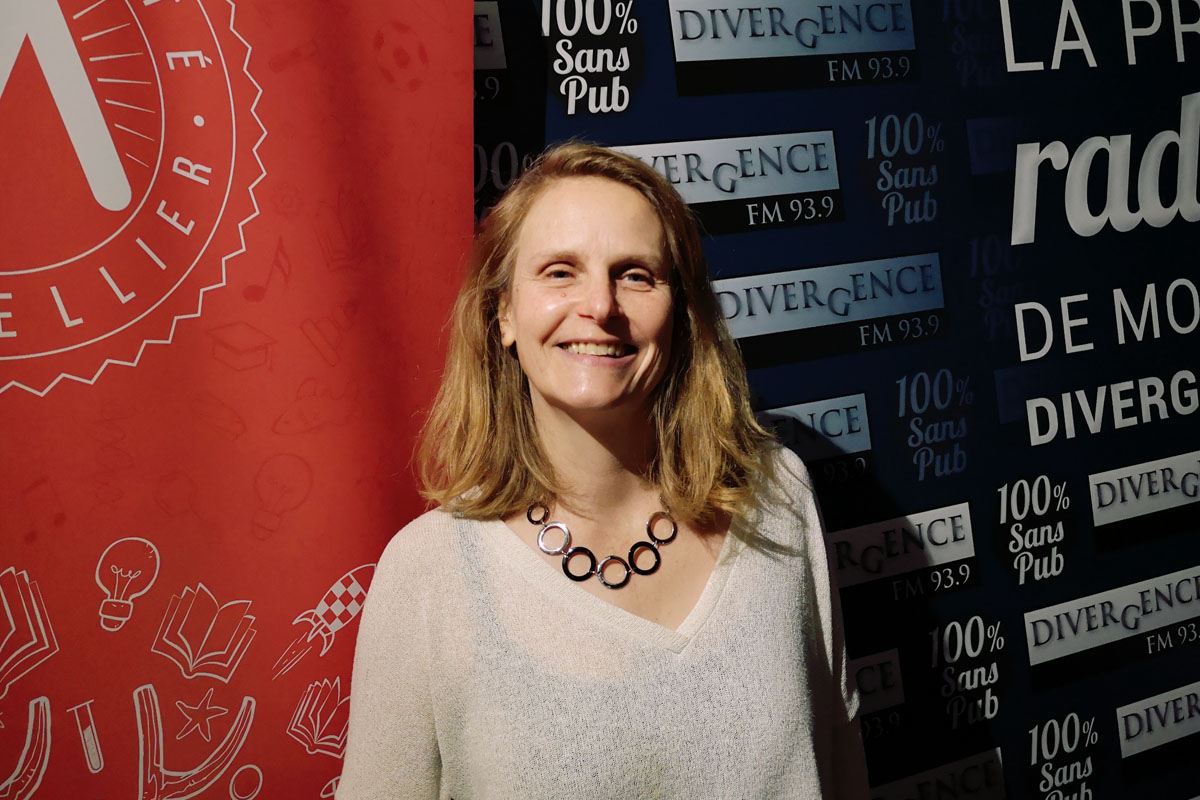
Ten thousand years ago, between the Mediterranean and the Euphrates, the first lines of a long, very long story were written. That of the domestication of wheat by man. While the first crops were grown from spontaneous crossbreeding between wild grasses, humans quickly perfected their practices—over the course of several thousand years, mind you—gradually promoting the emergence of more robust and productive species. From then on, the history of humanity and that of wheat remained inextricably linked, with varieties being mixed as civilizations traded with each other. The Middle Ages saw the development of new farming methods: fields were plowed and enlarged. By the 16th century, regions such as Beauce, Brie, and Haute Auvergne were already specializing in cereal production. However, it was not until the 19th century that selection really began, with the first genealogical work on wheat carried out by Louis de Vilmorin, which gave rise to the first modern wheat varieties: the Vilmorin varieties. You can't be creative with every plant... The 20th century and the post-war period marked a turning point in the cultivation of this cereal, which consists of more than 30,000 genes and 42 chromosomes. More than ever, the focus was on yield. In just 50 years, France tripled its production by imposing single-variety crops.
Single-variety crops are now being questioned by agroecology, as our guest explains. Hélène Fréville is a researcher at the AGAP Institute for genetic improvement and adaptation of tropical and Mediterranean plants. She presents her work on the performance of varietal mixtures in wheat cultivation, analyzed from a genetic perspective. Her study was published in the journal New Phytologist on January 26.
See also:
- Varietal mixtures: a promising agroecological practice analyzed through genetics (INRAE press release).
- From cultivar mixtures to allelic mixtures: opposite effects of allelic richness between genotypes and genotype richness in wheat (New Phytologist, January 26, 2022).
In the second part of the program, we take you to wash leeks, peel potatoes, cook rice, and blanch apples, but beware, this isn't cooking, it's process engineering. Charles Cunault gives us a tour of this food technology workshop at the Montpellier University Institute of Technology.
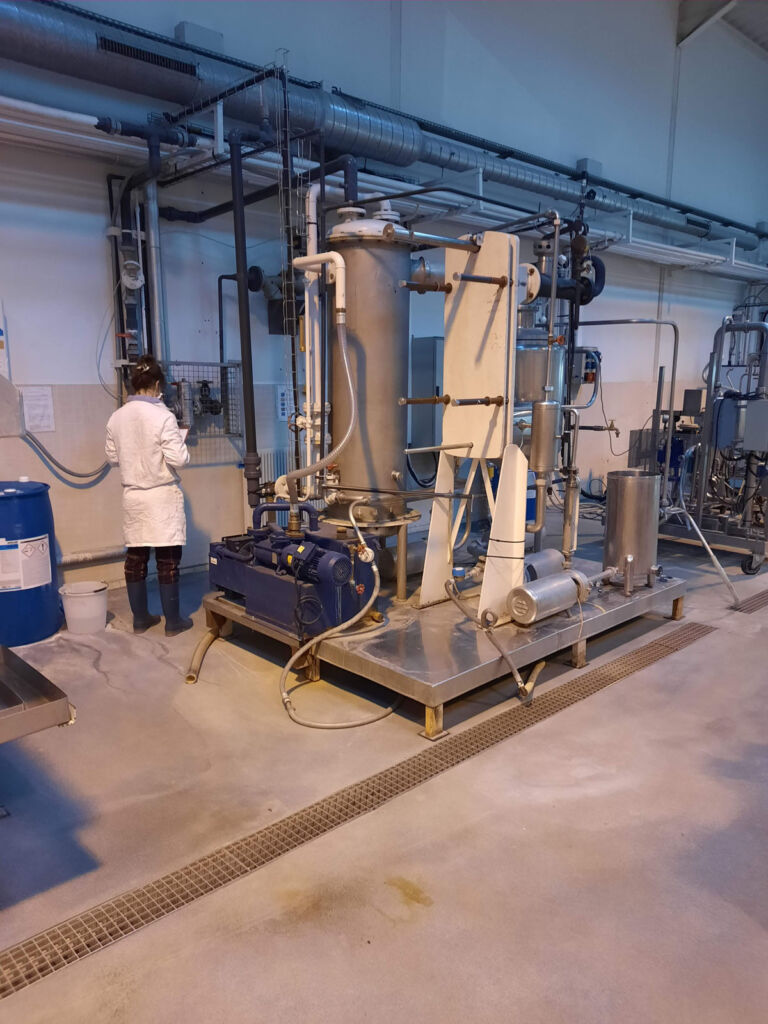
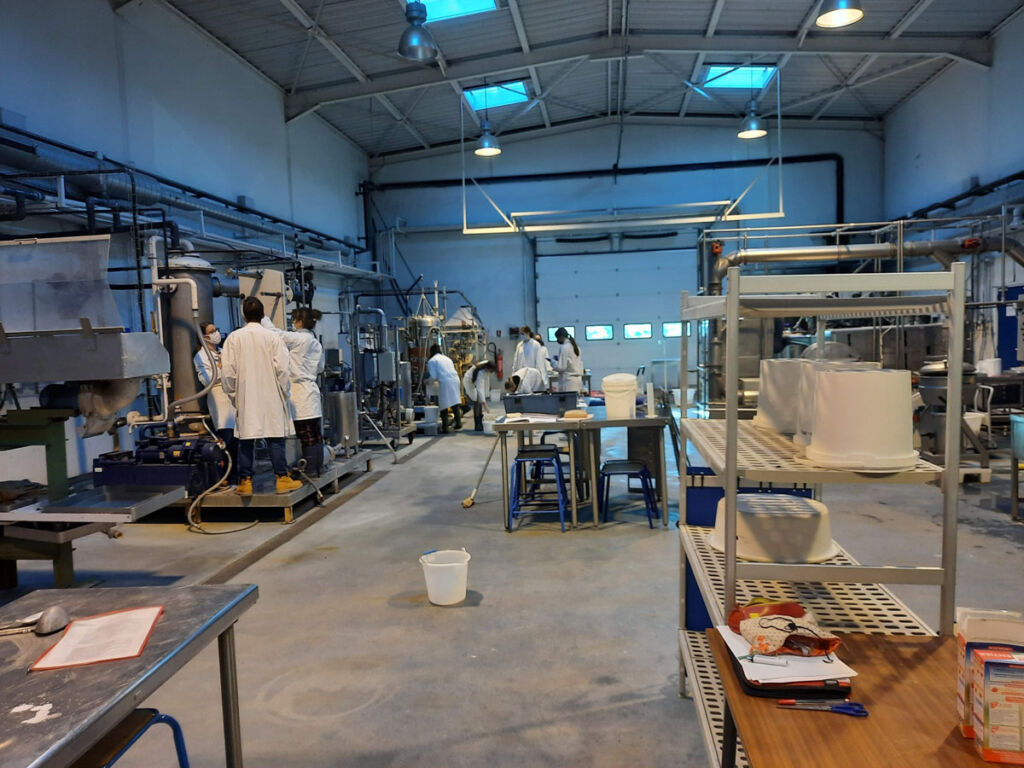
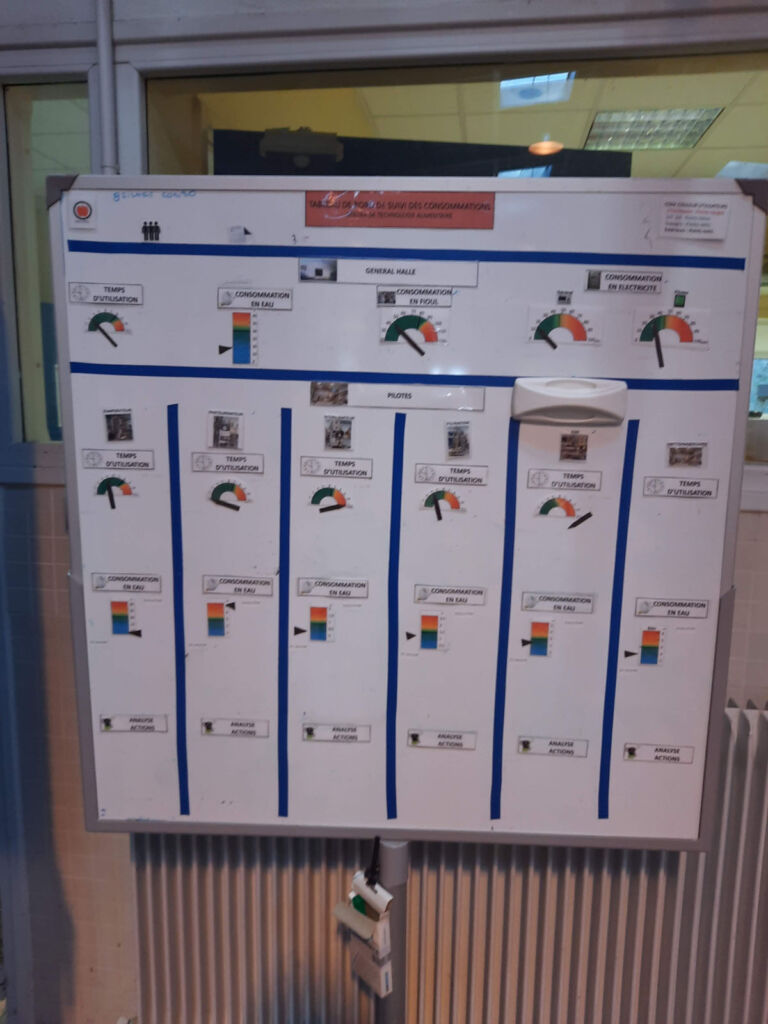
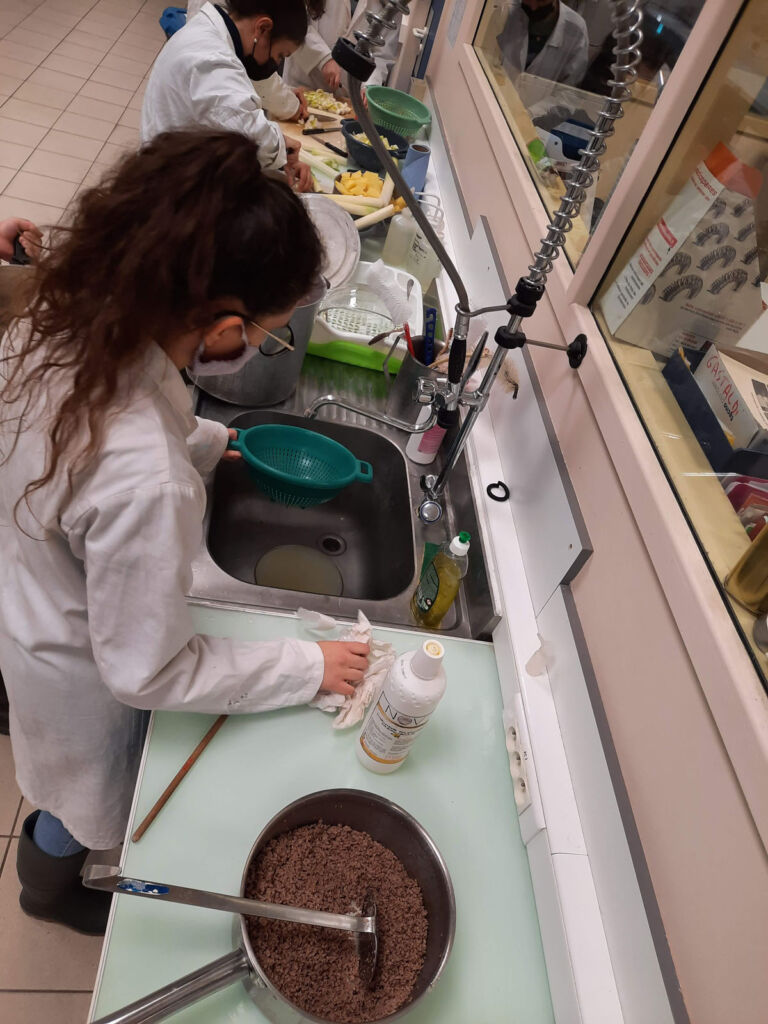
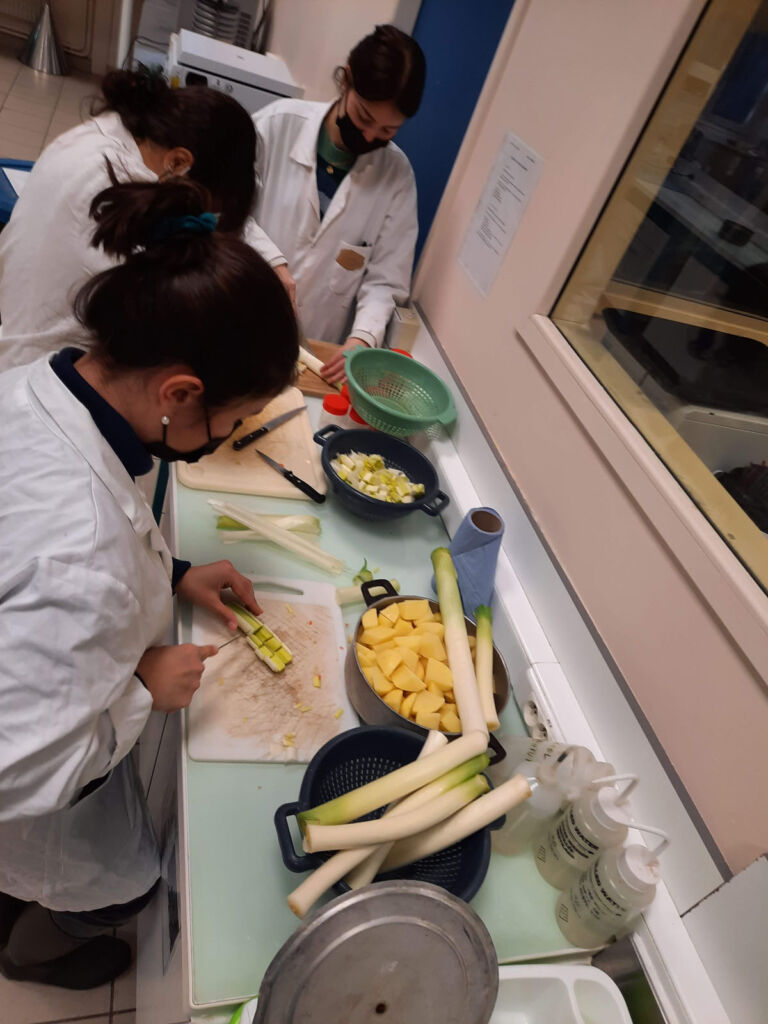
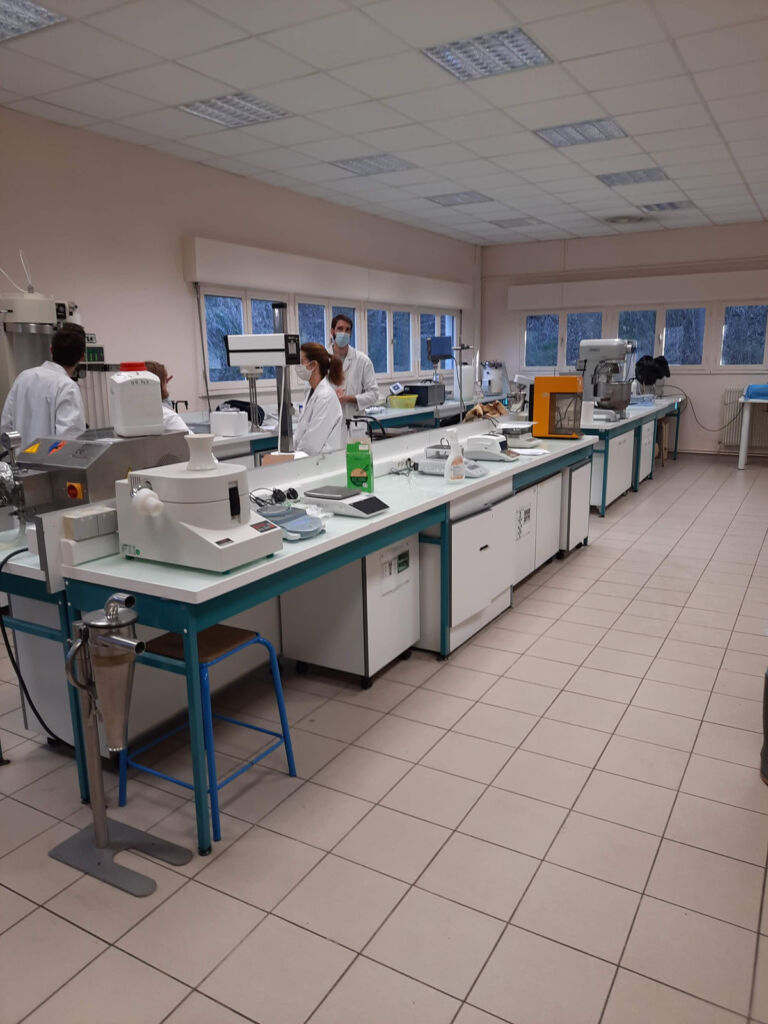
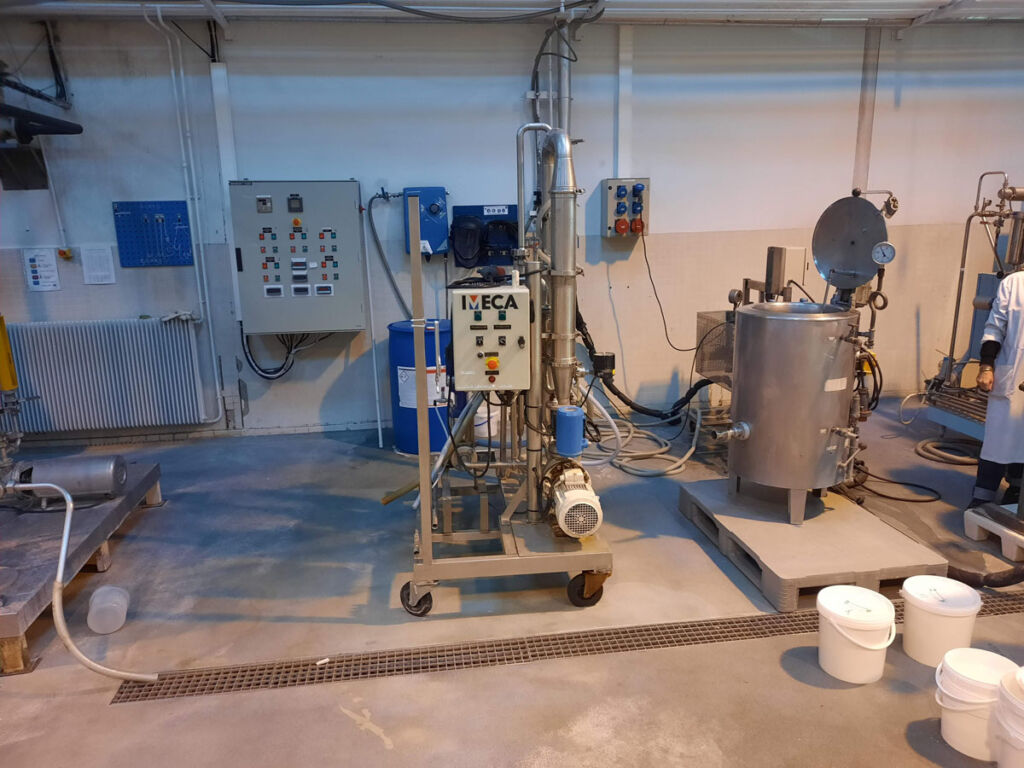
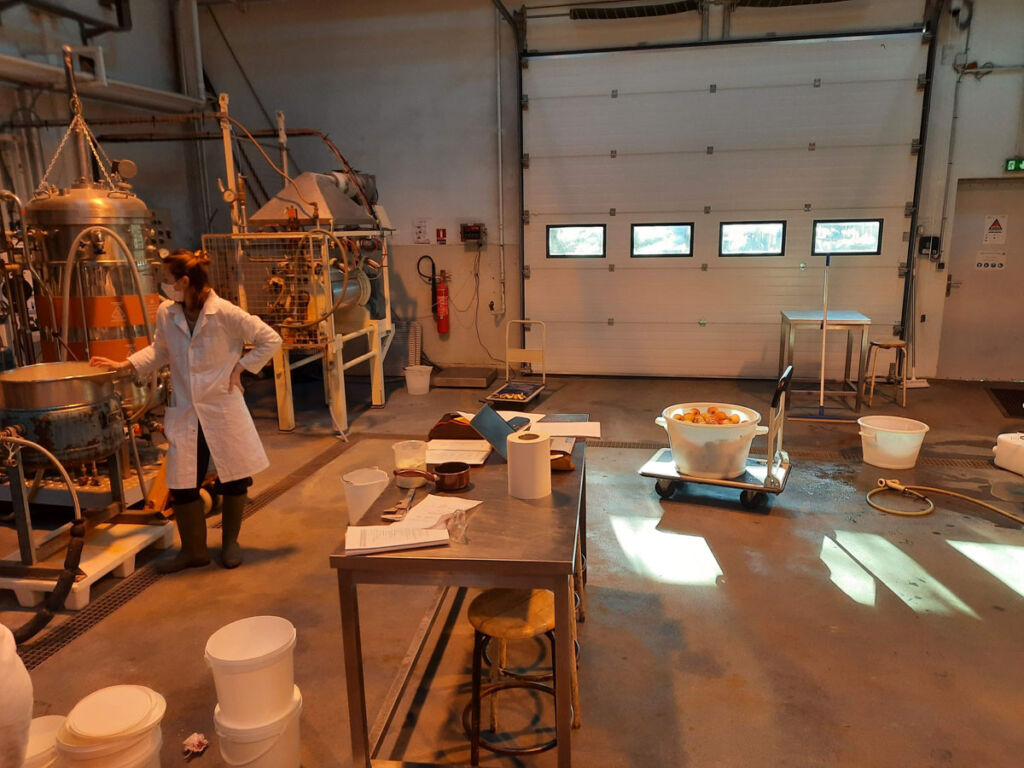
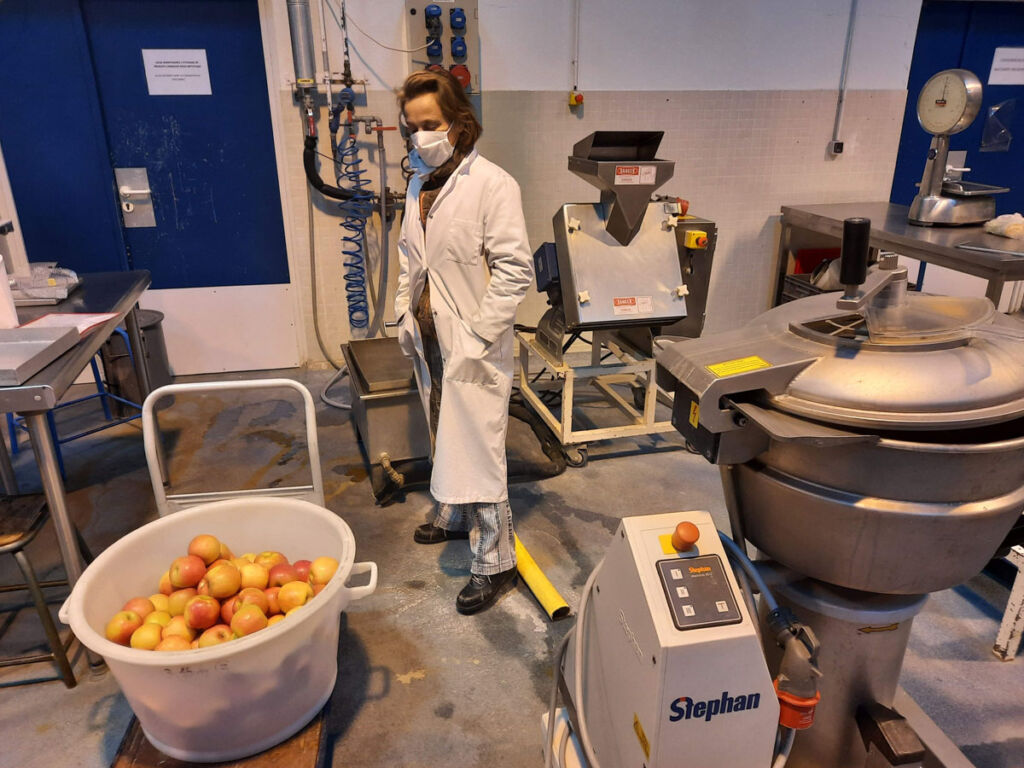
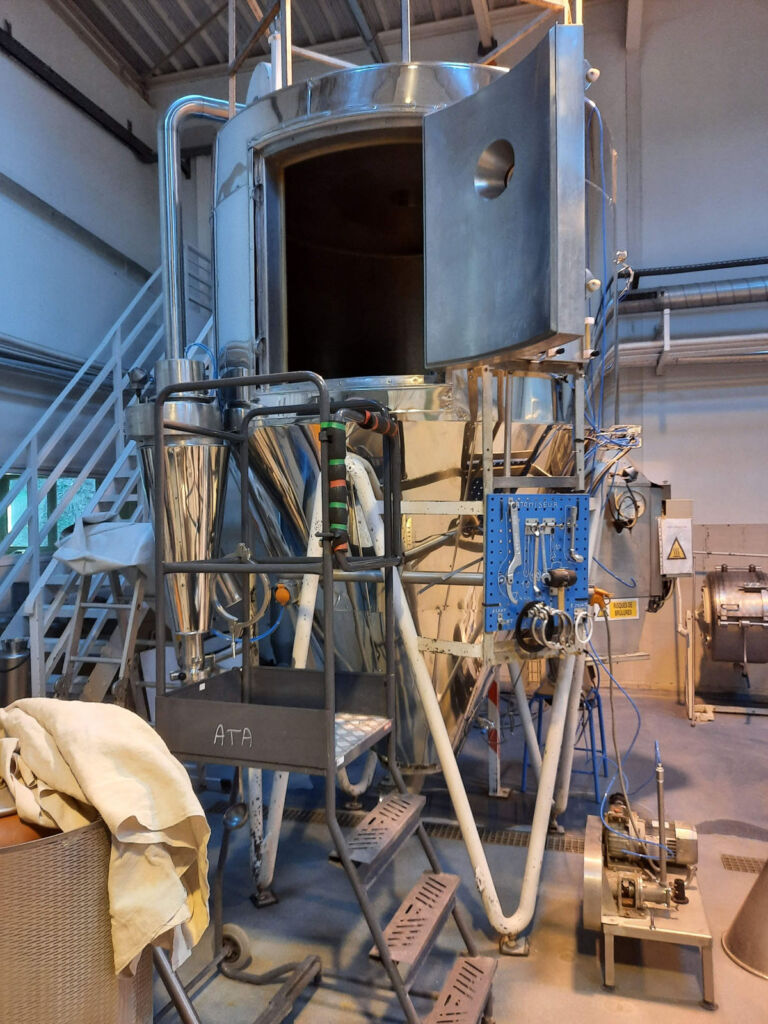
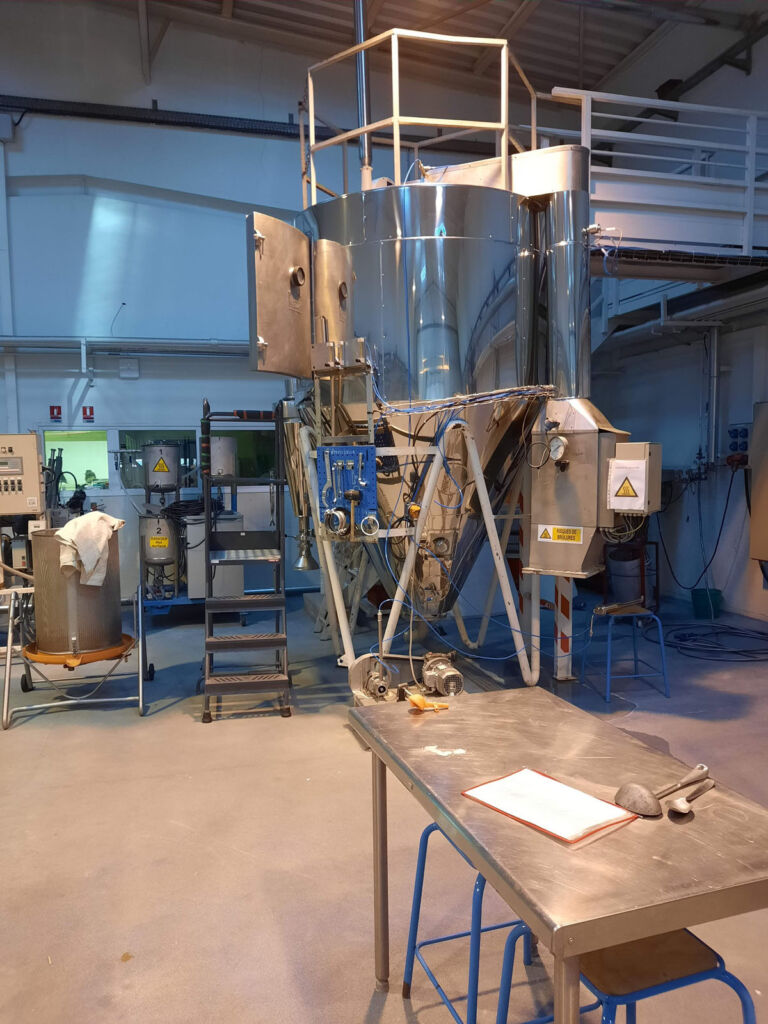
At UM Science, you have the program, so let's get started!
Co-production: Divergence FM / University of Montpellier
Host: Lucie Lecherbonnier
Interview: Aline Périault / Lucie Lecherbonnier
Reporting: Aline Périault
Production: Anna Demeulandre
Listen to the program “A l’UM la science” on Divergence FM 93.9

Find UM podcasts now available on your favorite platform (Spotify, Deezer, Apple Podcasts, Amazon Music, etc.).